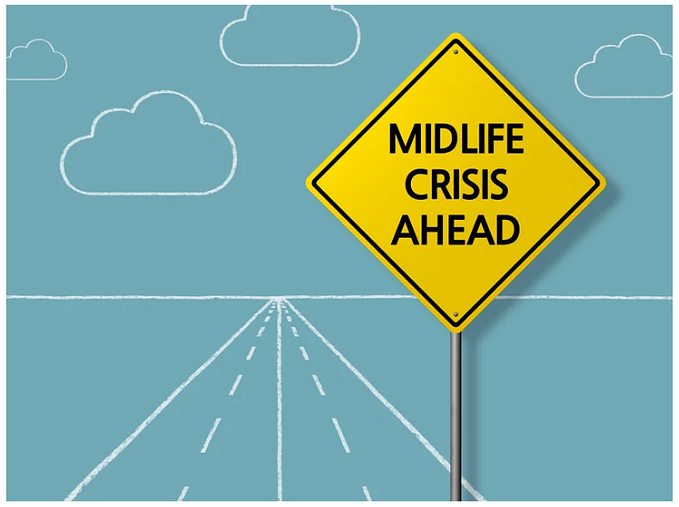Member-only story
Taylor Swift vs. Music: How She Conquered the Business Her Way
Taylor Swift has fought many battles in her career. With the success of ‘Red (Taylor’s Version)’ the singer has mastered more than music.

In true Taylor Swift fashion, she’s back and she reached the top of the charts.
Red (Taylor’s Version) has become Taylor Swift’s 10th #1 album on the Billboard 200 charts. The 30-track re-release enters the chart nine years after Red’s original release, and it’s spawned the #1 single “All Too Well (10 Minute Version).”
The re-release is a personal accomplishment for her. The star signed a record contract early into her career with Big Machine Records. Her label owned the masters to her first six albums, then Swift signed a new deal with one of Universal’s labels: Republic Records. After the transition, Big Machine Records was bought by Scooter Braun, a man who Swift has labeled a bully.
So, Taylor decided to take matters into her own hands. She can’t eliminate her old record contract, but she can re-record her first six albums. She might not have the masters to the songs, but she had mastered the materials. In this regard, Taylor has challenged the music industry and created an environment where artists have more control.
Or maybe, she’s just working in her own best interest. She’s in the music business, and she knows what she’s doing.
Taylor Swift vs. Spotify
In 2014 Taylor Swift’s album 1989 didn’t appear on music streaming services. Shortly after the album dropped, she also took her back catalog off these services. She didn’t want to be part of an “experiment.”
Less than a year later, Swift would put her first four albums on Tidal then Apple Music. Her rationale? Money.
After publicly dismissing Spotify, Taylor felt okay putting her music on Apple Music thanks to a promise of better compensation. She was quickly disappointed when artists were told they wouldn't be compensated for free trial streams. All Apple Music users were given a three-week free trial, and this meant three weeks without pay. Swift framed her frustrations as a message of support for new artists who rely…










